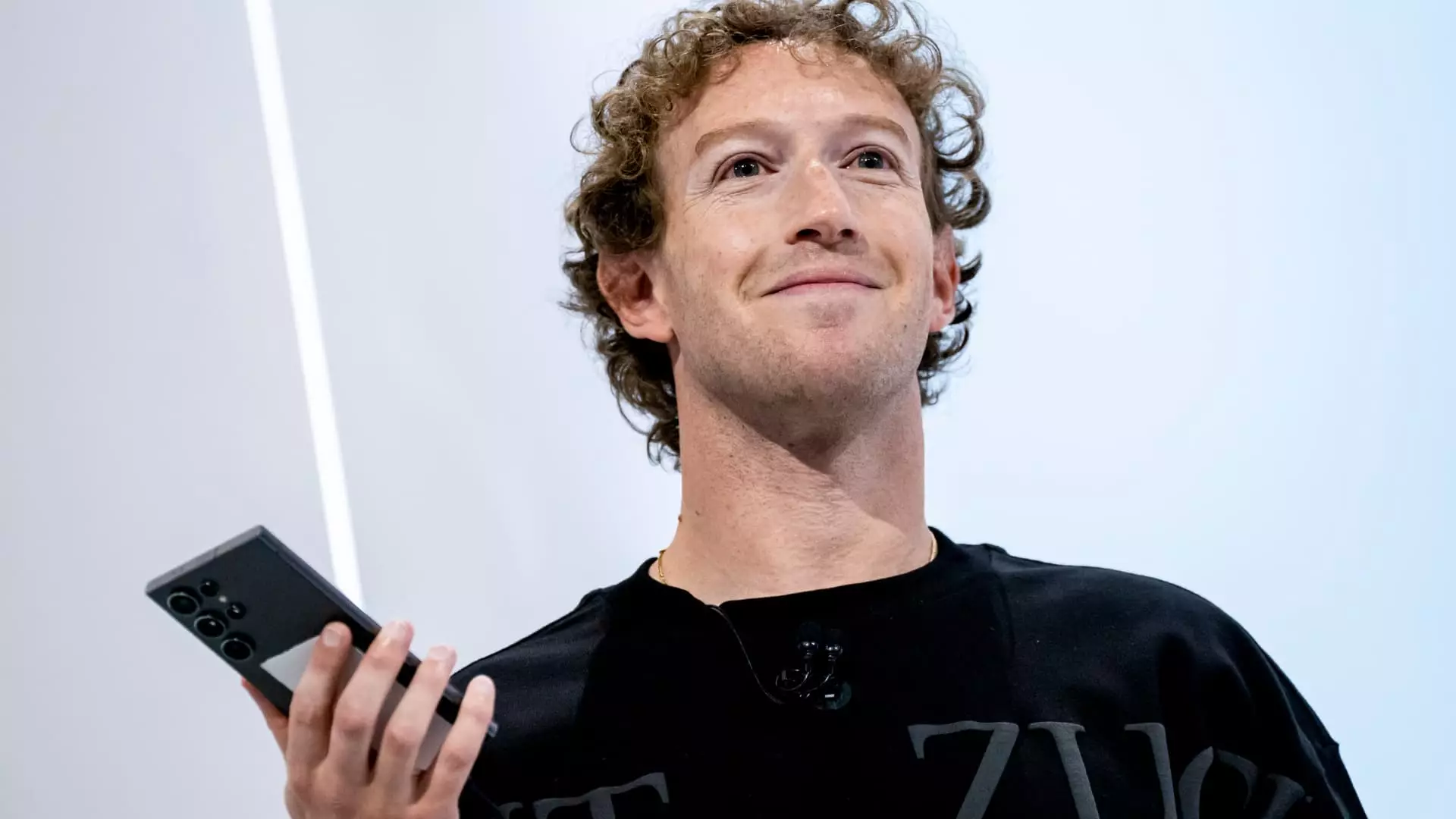The dynamic landscape of social media, governmental oversight, and public health communication has recently come to the forefront of discussion, particularly in the wake of statements made by Meta CEO Mark Zuckerberg during a podcast with Joe Rogan. This discourse raises significant questions about free speech, misinformation, and the responsibility of platform providers regarding public health narratives.
Zuckerberg’s candid remarks about the Biden administration allegedly pressuring Meta to censor discussions surrounding the side effects of COVID-19 vaccines unveil an intricate web of influence and accountability. Expressing a pro-vaccine stance, he acknowledged the duality of the governmental push for vaccine promotion and the restriction of counter-narratives. This tension between public health messaging and free speech has sparked debates among policymakers, public health experts, and media platforms. The implications of such pressure on social media companies raise ethical concerns about censorship versus the need for accurate health information dissemination.
The assertion that the Biden administration sought to limit discourse around vaccine side effects signals a controversial intersection of health imperatives and social media’s gatekeeping role. Zuckerberg referenced the administration’s efforts to eliminate posts that discussed potential adverse effects, indicating a preference for a streamlined narrative of vaccine efficacy over a balanced discussion of its risks. The complexity of balancing these interests not only questions the ethics of censoring user-generated content but also highlights the challenges social media platforms face when determining what constitutes ‘truth’ in highly polarized discussions.
Adding another layer to these discussions is Meta’s recent shift away from third-party fact-checking in favor of a community-driven approach. This decision aligns Meta more closely with the practices of rival platforms and suggests a repositioning to adapt to a changing political climate. Zuckerberg’s acknowledgment of this strategic shift comes amidst criticism from various political factions, underscoring the ambivalence within the tech industry regarding the regulation of content.
The pivot to community notes raises questions about the role of users in fact-checking and whether this decentralization can effectively combat the spread of misinformation. While empowering users to contribute to discussions about truthfulness creates a participatory environment, it also risks exacerbating divisions if false narratives are endorsed by vocal segments of the community. The specter of misinformation looms large, and the efficacy of such measures will depend on the community’s ability to self-regulate and uphold factual integrity.
The Political Ramifications and Future Outlook
Zuckerberg’s statements do not exist in a vacuum; they come against the backdrop of broader political maneuvering in the tech landscape. Noteworthy is Meta’s personnel changes, including the appointment of Joel Kaplan, a former Republican aide, as head of global affairs. This strategic move can be interpreted as an effort to align the company’s political affiliations more closely with those of the incoming Trump administration.
President Biden’s public critique of Meta’s fact-checking policies further intensifies the discourse. By framing the issue as a matter of public trust and responsibility, Biden raises essential questions about the influence of billionaires over public discourse and the integrity of information shared across platforms. His comments underscored a growing concern regarding unregulated information channels, especially considering the profound impact such channels have on public perceptions of health and safety.
Zuckerberg’s acknowledgment of the regulatory landscape and the challenges faced by the U.S. technology industry also signals a recognition of the need for adaptive strategies. With European regulators imposing hefty fines and enforcing strict compliance measures, American tech firms may need to reconsider their operational frameworks to ensure competitiveness and accountability.
The unfolding narrative surrounding Zuckerberg’s comments and their implications for social media governance highlights a critical juncture in which technology, health, and politics intersect. While the intent behind vaccine advocacy is undeniably rooted in public health promotion, the methods employed to regulate discussion invite scrutiny. The question remains: how can social media platforms maintain a balance between preventing misinformation and upholding free expression?
As this dialogue evolves, stakeholders must engage in constructive conversations about the responsibilities of social media giants in shaping narratives that affect public health. With the backdrop of governmental influence and the evolving landscape of digital communication, it is essential to advocate for transparent policies that emphasize factual communication while respecting diverse viewpoints within the discourse.

